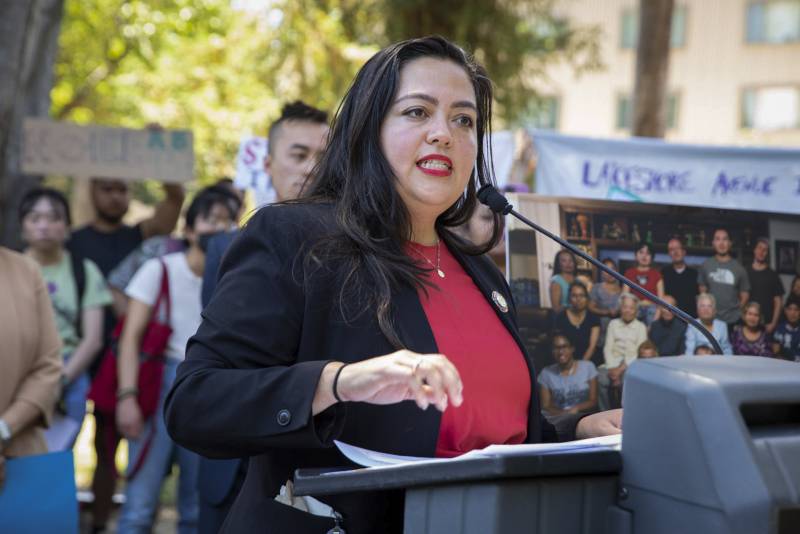Under federal immigration law, even legal permanent residents can lose their lawful status and be deported if they have committed certain crimes. Nothing in the state bill would have prevented ICE from locating those people after they returned home. But it would have restricted the state’s role in cooperating with ICE’s enforcement efforts.
The HOME Act is more limited than a different bill last year, the VISION Act, which would have blocked all transfers from prison to ICE. That bill narrowly failed in the state Legislature last August. But the HOME Act overwhelmingly passed both the state Assembly and Senate this year. It would have shielded incarcerated people from ICE if they qualified for release under criminal justice reform bills signed by Newsom and former Gov. Jerry Brown, including:
- Elderly people or those suffering severe medical conditions.
- People whose crimes were committed in their youth and have already served long sentences.
- People whose crimes were a direct result of suffering sexual assault or domestic violence.
Several states, including Oregon, Illinois, plus Washington, D.C., have already enacted legislation to restrict prison-to-ICE transfers.
Law enforcement groups that had opposed the broader VISION Act took no position on the HOME Act, so the bill faced no organized opposition.
In California, sanctuary laws prevent local police and sheriffs from cooperating in immigration enforcement much of the time. But there’s a broad exemption for prisons. CDCR documents recently obtained under public records laws by the ACLU of Northern California show that in just two months last year California turned over 200 people to ICE after they’d served their time in prison. In addition, the records show, incarcerated people who have been flagged for ICE are barred from many re-entry programs in prison.
“The Governor may claim that he supports rehabilitation and second chances,” said the ICE Out of California Coalition. “Yet he cannot praise rehabilitation in one breath, but condone the racist targeting of immigrants for detention and deportation in the next.”
One person who knows the toll of the current policy is Los Angeles resident Sandra Castañeda. She served 19 years of a 40-year murder sentence she received for driving a van out of which a man shot and killed someone. But her conviction was vacated after California reformed a law that had caused people like her to be sentenced for murders they did not commit. In addition, Newsom commuted her sentence, based on her rehabilitation in prison.

